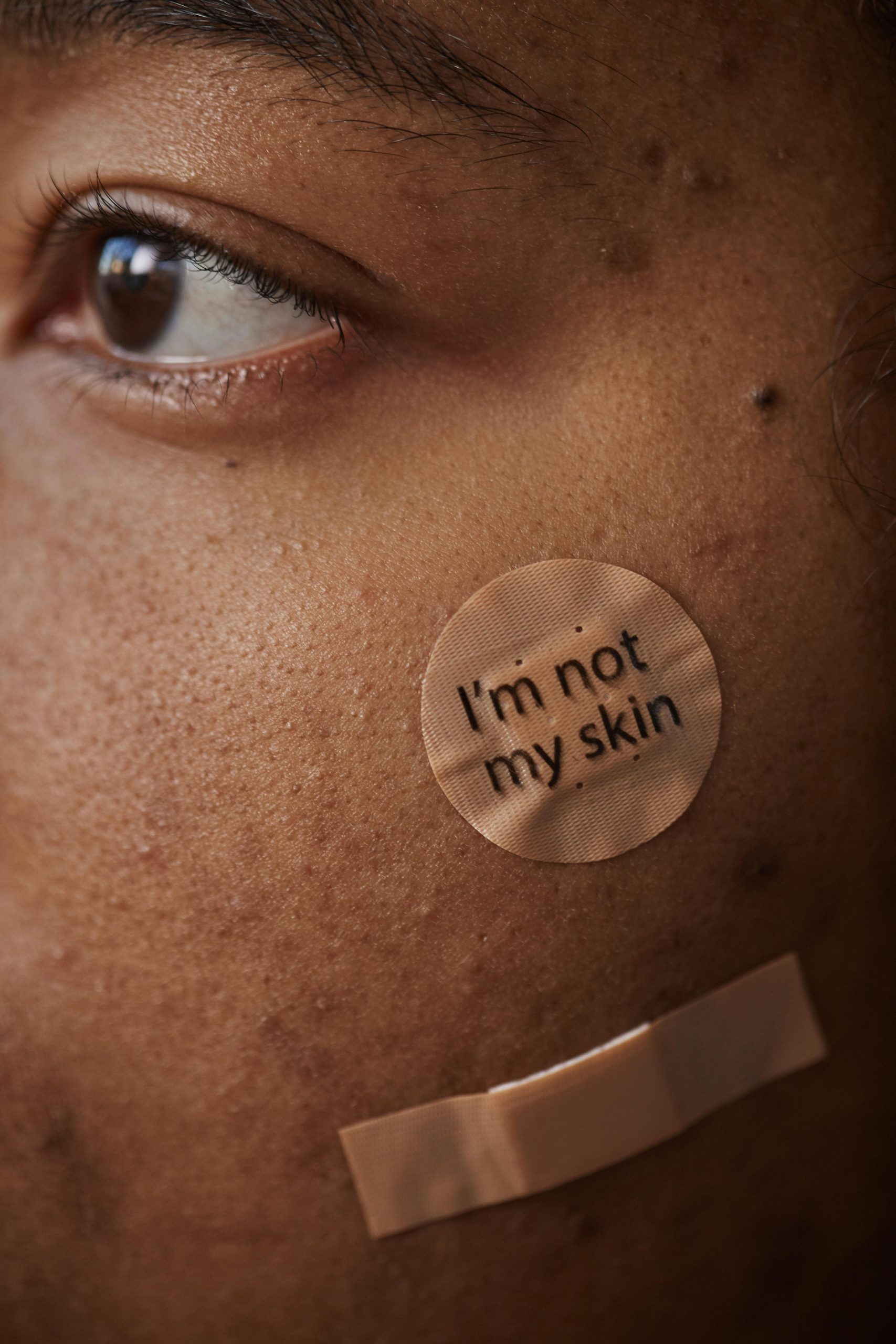Understanding Liability When Selling a Vehicle: Can You Still Be Held Responsible for Future Accidents?
Navigating the legal responsibilities associated with selling a vehicle can sometimes be confusing, especially when unforeseen events occur after the sale. Recently, a situation surfaced where an individual sold their car, provided proof of the sale, and yet received notices demanding payment for damages caused by the new owner. This raises important questions about the legal protections available to vehicle sellers and their potential liabilities.
A Case in Point: The Challenges After Selling a Vehicle
In this scenario, a vehicle owner sold their car and submitted the necessary documentation, including a signed pink slip (also known as the certificate of title) and a Release of Liability form. Despite this, the new owner was involved in an accident, was uninsured, and subsequently faced legal repercussions. Now, a debt collection agency is claiming that the original owner owes a substantial sum for damages related to the accident.
Key Details and Evidence
The seller’s documentation included:
- The signed transfer of ownership (pink slip)
- Proof of filing the Release of Liability with the DMV
- A police report indicating that the current registered owner is the individual involved in the incident
Importantly, the DMV confirmed that the seller is no longer the registered owner of the vehicle, a clear indication that ownership was correctly transferred.
Legal Implications and Responsibilities
This situation underscores critical considerations:
-
Transfer of Ownership: Proper documentation (pink slip and Release of Liability) is essential in establishing that the seller has fulfilled their legal duty to transfer ownership.
-
Liability After Sale: Once ownership is transferred and such documentation is filed, sellers are generally protected from future liabilities relating to that vehicle. However, safeguards can vary depending on local laws and how promptly paperwork is processed.
-
Potential Exceptions: If the seller was aware of impending legal issues, such as an outstanding loan or unreported insurance lapses, there might be grounds for liability. Nonetheless, in typical circumstances, once the vehicle is sold and the proper forms are submitted, the seller’s responsibility ends.
-
What to Do if You Receive Such Claims: Keep all documentation, including receipts, transfer forms, and police reports. Consult a qualified attorney to understand if the claim has any legal merit and how to respond appropriately.
Final Thoughts
While some collection notices might seem unexpected after selling a vehicle, understanding your rights and obligations is crucial. Proper documentation not only facilitates the sale but also



